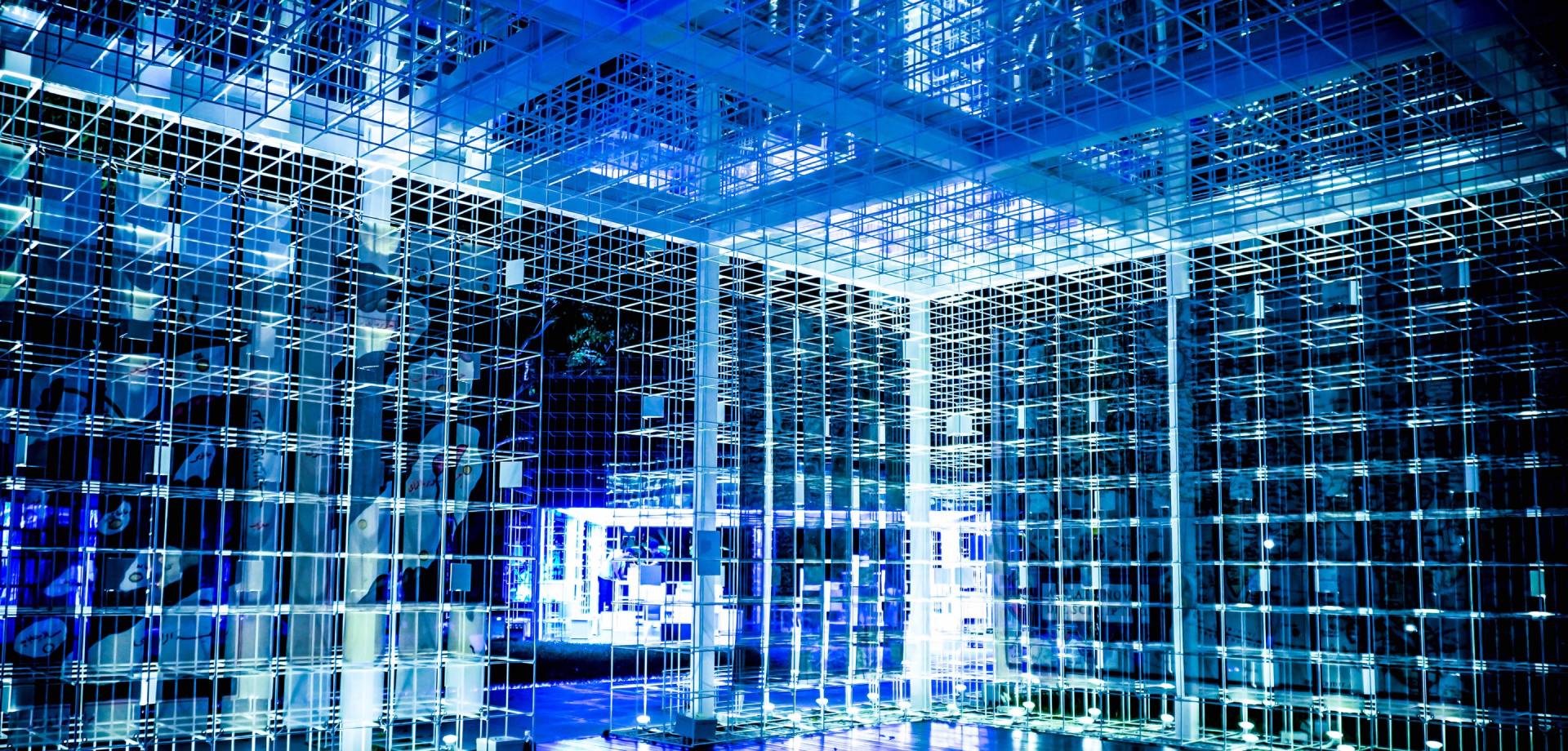The Importance Of Replacing Computer Hardware
Computer hardware is a crucial component of any computer system. It includes all the physical components that make up a computer, such as the motherboard, processor, hard drive, RAM, and other peripherals. The importance of replacing computer hardware cannot be overstated since it plays a significant role in the overall performance and lifespan of a computer. One of the primary reasons why replacing computer hardware is essential is to improve its performance.
As technology continues to advance rapidly, older hardware may not be able to keep up with newer software and applications. This can result in slow or unstable performance that can significantly impact productivity and efficiency. By upgrading or replacing outdated hardware components, users can experience faster processing speeds and smoother system operation. Another reason why it's vital to replace computer hardware is to ensure compatibility with new software and applications.
As new versions of software are released, they often require more powerful hardware specifications than previous versions. If users fail to update their hardware accordingly, they may not be able to run the latest software properly or at all. This can lead to compatibility issues that make it challenging for users to complete tasks effectively. Moreover, replacing computer hardware allows for better security measures against cyber threats.
Old systems may not have the latest security features that protect against malware attacks or hacking attempts. Outdated systems are more vulnerable since hackers often find vulnerabilities in older systems that have not been updated with security patches or anti-virus software updates. In addition to improved performance and better security measures, replacing computer hardware also extends its lifespan. Over time, computers experience wear and tear due to constant use which results in wear on internal components such as hard drives or RAM sticks leading them eventually failing altogether.
Replacing damaged parts promptly prolongs the life span of your device while preventing potential data loss from broken parts that could cause further damage if left unchecked for too long. Furthermore, by upgrading your system's components regularly (such as adding more memory), you can keep pace with technological advancements and avoid the need for a complete system overhaul in the future, which can be costly and time-consuming.
Replacing computer hardware also reduces downtime caused by hardware failures. When a computer's hardware fails, it can take hours or even days to repair or replace the damaged components. This results in lost productivity and revenue for businesses that rely on computers for their operations. By replacing faulty parts promptly, users can minimise downtime and ensure that their systems are running smoothly.
Apart from these practical reasons, replacing computer hardware also has environmental benefits. Old systems often consume more power than newer ones, which increases energy costs and harms the environment. By upgrading to more energy-efficient components, users can reduce their carbon footprint while saving money on their electricity bills. In conclusion, the importance of replacing computer hardware cannot be overstated since it plays a significant role in the overall performance and lifespan of a computer.
Upgrading outdated components ensures compatibility with new software and applications while improving security measures against cyber threats. Additionally, upgrading to more energy-efficient components can help reduce energy costs while minimizing downtime due to hardware failures. Therefore, it is essential to invest in regular upgrades or replacements of your system's components to keep pace with technological advancements and enjoy optimal performance from your device.Moreover, replacing computer hardware can also improve the user experience.
As technology advances, new hardware components are designed to provide a better and more convenient user experience. For example, newer processors offer faster speeds and more cores, which can handle multiple tasks simultaneously without any lag or slowdown. Additionally, new graphics cards provide better visual quality and performance for gaming or video editing applications. By upgrading to newer hardware components, users can enjoy a more efficient and enjoyable computing experience.
Another reason why replacing computer hardware is essential is to avoid obsolescence. Technology evolves at a rapid pace, and what was considered cutting-edge just a few years ago may now be obsolete. Using outdated hardware components means that your system may not be able to keep up with the latest technology trends, leading to decreased productivity and efficiency. Replacing computer hardware allows users to customise their systems according to their specific needs.
For instance, if you are a gamer who wants to play the latest games with high graphic settings, you may need to upgrade your graphics card or add more RAM for optimal performance. Similarly, if you are a designer who works with large files or complex software programs like Adobe Photoshop or AutoCAD, you may require additional storage space or faster processing speeds.
In addition to these benefits of replacing computer hardware mentioned above, upgrading your system's components also adds value in terms of resellability. If you plan on selling your computer in the future, having updated hardware will make it more attractive to potential buyers since they will be getting a device that is up-to-date and meets current standards. Lastly, replacing computer hardware ensures that users stay ahead of potential technological disruptions that could impact their ability to use their devices effectively.
For example, older computers may not have the necessary USB ports for new peripherals like VR headsets or external SSDs (Solid State Drives) that use USB-C connections exclusively - this could limit your ability as an individual using such devices. In conclusion, the importance of replacing computer hardware cannot be overstated since it plays a crucial role in the overall performance, lifespan, and user experience of a computer.
By upgrading or replacing outdated components regularly, users can enjoy faster processing speeds, better compatibility with new software and applications, improved security measures against cyber threats, reduced downtime due to hardware failures, and reduced energy consumption. It also helps users stay ahead of potential technological disruptions and adds value in terms of resellability. Therefore, it is vital to invest in regular upgrades or replacements of your system's components to keep pace with technological advancements and enjoy optimal performance from your device.











